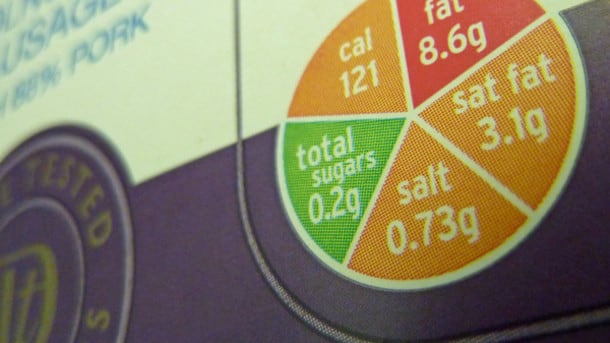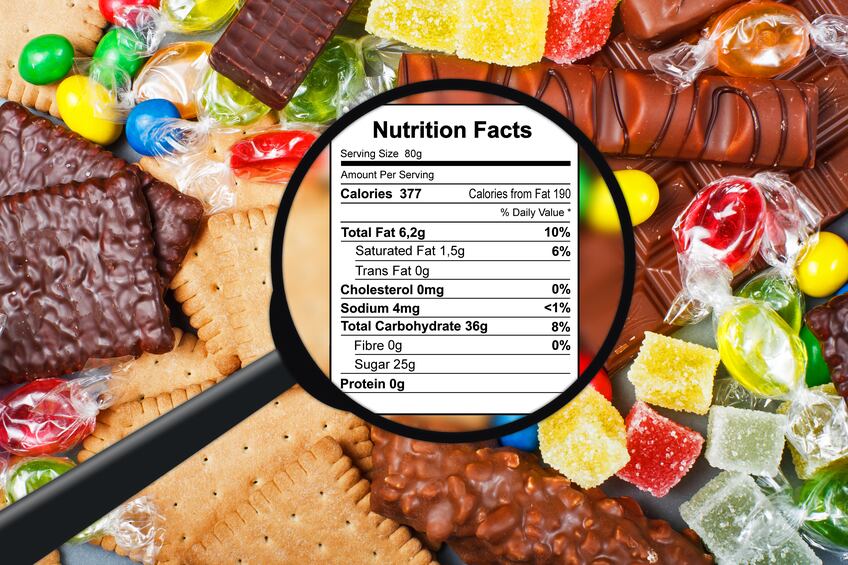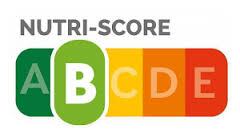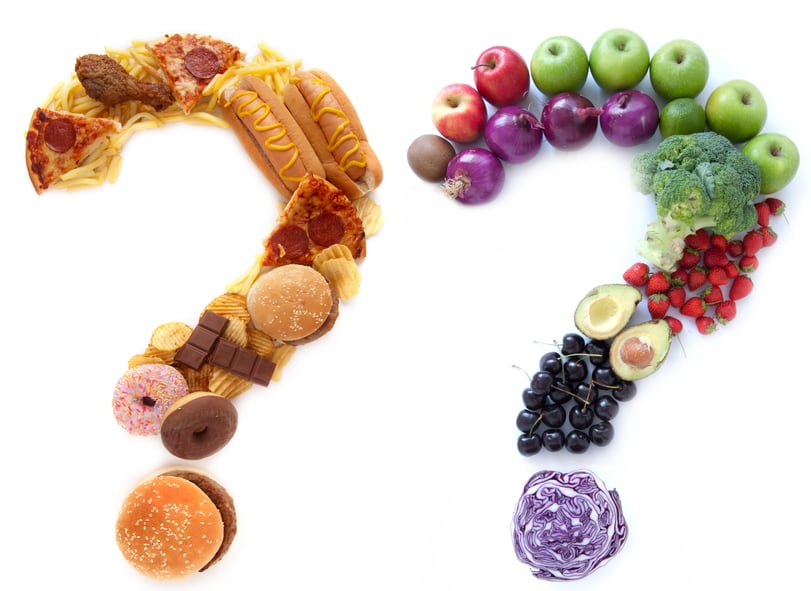Details such as whether it will be rolled out in some countries before others have not yet been decided by the taskforce set up to implement the scheme, but it will apply to each company’s entire European portfolio.
Regarding a time frame, communications manager at Coca-Cola Alkistis Houliarakis said the companies were not yet in a position to say when the logo would be on pack. "It will be proposed to governments that want to introduce interpretive labelling," he added.
The possibility of an EU-wide front-of-pack, colour-coded simplified nutrition label was first voiced during discussions on the European Commission’s proposal for a review of the EU’s food labelling rules, which was released in January 2008.
The six companies said in a joint statement released this morning it was important for consumers to have a meaningful, consistent and single nutrition labelling scheme across Europe, in compliance with the existing EU regulation.
“The end goal is to put in place a robust nutrition labelling scheme that helps consumers make balanced and mindful choices.”

“A proliferation of national schemes would hamper consumer understanding and would be a barrier to the single market.”
An easier interpretation
The firms said that the current reference intake scheme currently used on a voluntarily basis went beyond the minimum provisions but that a colour-coded logo would allow for ”an easier interpretation”.
Bart Vandewaetere, head of relations with European institutions at Nestlé told FoodNavigator the logo will look exactly like the UK’s voluntary traffic light scheme in its visual appearance and wording.
He added: “Only the colours might differ a bit as the assessment of the colour will be based on the portion size and not on an assessment on a per 100g/ml basis. This is still up for discussion in the taskforce that is established.”
Portion distortion

Using portion size as a reference rather than 100 g (as the UK’s traffic light label does) has prompted criticism from public health campaigners, as it may result in a food going from red to amber colours without any formulation change.
Serge Hercberg, professor of nutrition at the University of Medicine Paris 13, told us: “This sleight of hand makes it possible to better position products which, by a miracle, will become orange or green while they were less well placed in the original version of the traffic lights.
“The notion of serving size is used here as an alibi to support an alternative that is more favourable to industrial manufacturers who, in addition, are those who define the portions!”
But using portions has been backed by professor of food and health at University College Dublin, Mike Gibney. Portion control is central to weight management strategies, he said, and so nutrition labelling per portion makes sense. "The absence of legally standardised portions in the EU should not prevent us to build a robust portion-based scheme that better reflects actual consumption.”
'Evolving the system'
The six companies said they were exploring ways to evolve the current UK traffic light to better integrate portion sizes, because the colours given to a product under the current UK scheme were based on the value of a nutrient per 100g/ml whereas the nutrient amounts were given per portion.
"A portion approach for both nutrient amounts (the numbers) and colours (the visual form) would further enhance the understanding of the information provided," said Vandewaetere, adding that food was often sold in portions either smaller or bigger than 100 g.
Hercberg also slammed the initiative as an attempt to avoid using an over-arching and comprehensive colour logo.
The UK’s traffic light system grades food on individual nutrient contents, meaning the same product can receive a red light for sugar but a green light for fat.

The French 5-C label, developed by Hercberg and currently being trialled in some supermarkets in France along with other competing nutrition labels, does a global evaluation of a product’s overall nutrient profile.
He argues that this is more meaningful for consumers.

Director general of European consumer rights group BEUC Monique Goyens said: “We are satisfied that these major food companies are finally recognising that traffic lights do help consumers to make healthier food choices. We are happy that over the years they listened to our constant reminders on what consumers understand better to make an informed choice.”
However, she said BEUC also disapproved of using portions as a reference. “Not only will it make it harder for consumers to compare food labels and figure out which product is the healthier option but it will even mislead them.”
Brussels-based European Heart Network (EHN) said while there was conclusive evidence that reducing the size, availability and appeal of larger-sized portions can reduce the amount people eat by meaningful amounts, it has found no evidence that the provision of nutrition information on a per portion basis can reduce consumption. “We, therefore, urge caution.”
Vandewaetere added that Nestlé welcomed the support of BEUC and the EHN on the colours and looked forward to working with them in the taskforce to further discuss these issues.
